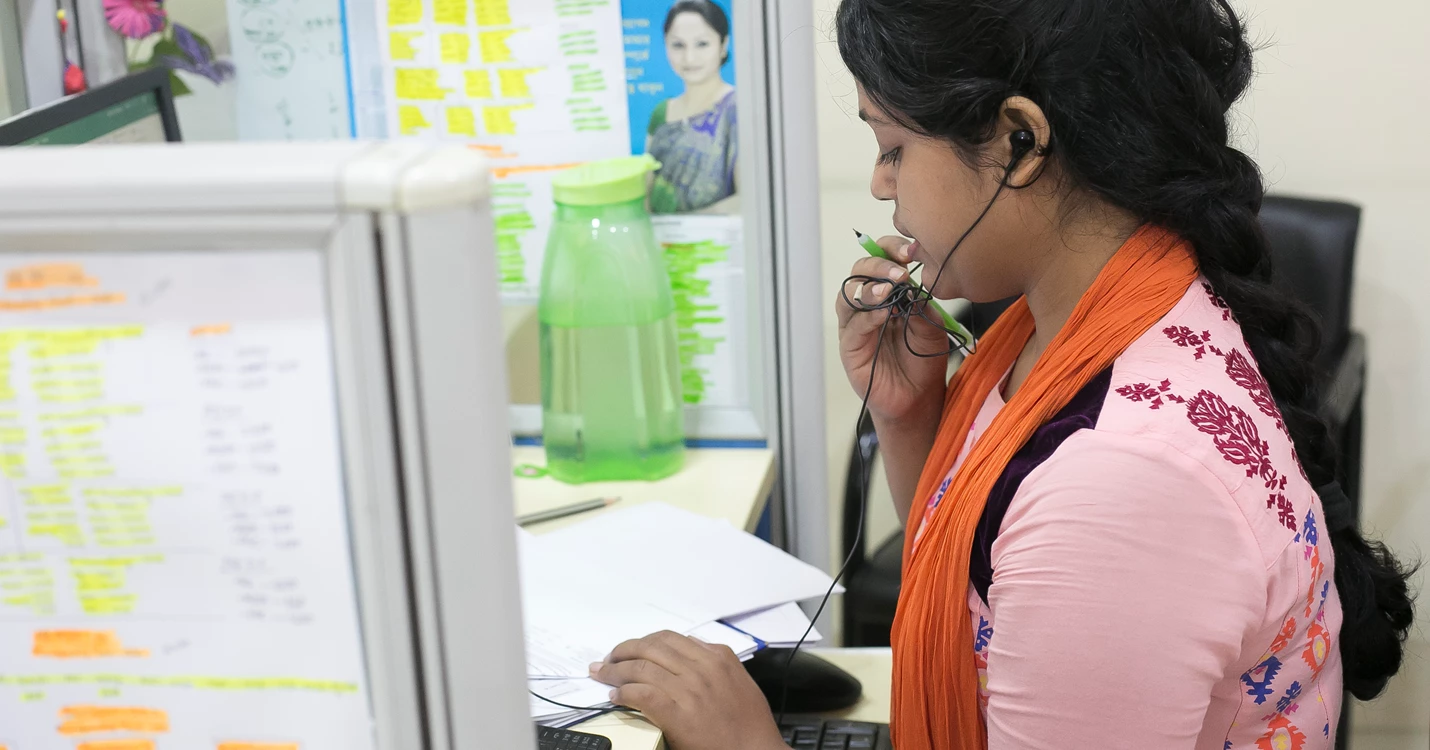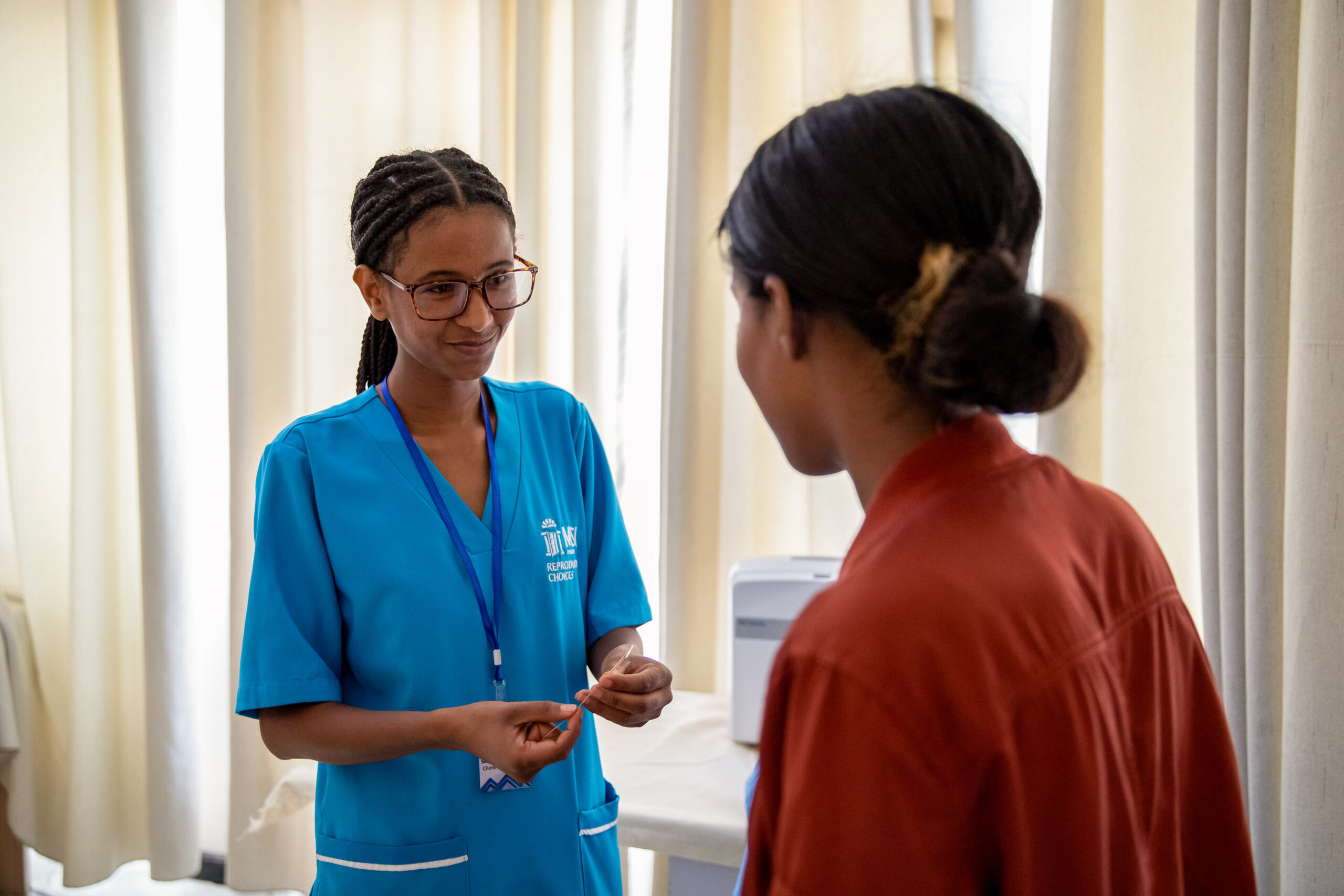New report: Meta and Google restrict access to reproductive health information in Africa, Asia, and Latin America – while enabling misinformation and abuse
- The Center for Countering Digital Hate partnered with MSI Reproductive Choices to find that social media and ad platforms are hindering efforts to promote accurate information about abortion and reproductive rights around the world
- Meta and Google restrict local abortion providers from advertising, while several platforms fail to tackle rampant abuse and misinformation that undermine public access to reproductive healthcare
- Meta profits from anti-abortion advertising placed by US-based activists with the aim of deterring people from seeking abortions overseas
WASHINGTON, D.C. / LONDON, March 27, 2024 – The Center for Countering Digital Hate (CCDH) partnered with MSI Reproductive Choices, one of the world’s leading providers of reproductive healthcare, for a new report documenting platforms’ track record of hindering efforts to promote accurate information about abortion and reproductive rights in Africa, Asia and Latin America.
The key findings of the report:
- Platforms restrict access to good information about abortion services
In Ghana, Kenya, Mexico, Nepal, Nigeria, and Vietnam, MSI’s ads have been rejected or removed by Meta for vague reasons, such as for containing “sensitive content” or for “content that asserts or implies personal attributes.”
Meta has also placed advertising restrictions on MSI’s accounts in Nepal and Vietnam, while
MSI’s team in Ghana reported that Google Ads have been very “restrictive”, even banning the term “pregnancy options” from being used when planning campaigns on the platform.
- Platforms fail to address anti-abortion misinformation and abuse directed at local reproductive health providers
Analysis of Meta’s Ad Library in Ghana and Mexico finds the company profited from anti-abortion ads promoting false or misleading claims, which were seen up to 1 million times across both countries between 2019 and 2024.
Many of these paid-for ads greatly exaggerate the risks of abortion. Others misleadingly suggested that decriminalization of abortion would allow for termination up until birth.
Researchers also discovered that Meta approved paid ads by anti-abortion groups promoting conspiracy theories – including misleading claims that efforts to decriminalize abortion were financed by “global powers and international companies”, in order to “eliminate” local populations.
Ads are often placed in Ghana by overseas anti-abortion groups, such as Americans United for Life (AUL), and Tree of Life Ministries, run by American-born evangelical Christians based in Israel. Between them, ads placed by these groups were seen up to 3.83 million times globally. Ads placed by AUL directed users to their website which features misleading claims about the abortion pill.
The report also found that social media companies turn a blind eye to abuse and misinformation campaigns directed at local abortion service providers in these countries.
In Kenya, local teams are increasingly targeted with abusive language, including the term “baby killers”, on Facebook and X (formerly Twitter). The MSI team in Ghana also reported receiving similar messages on TikTok.
Whitney Chinogwenya, marketing specialist at MSI Reproductive Choices, said:
“Accurate online information is a lifeline for those seeking timely care and facts about their reproductive options. Yet anti-choice groups are able to spread disinformation and toxic narratives online with impunity. And what is worse, platforms like Google and Meta are currently enabling, and profiting from this dangerous propaganda.
“False information can only be corrected with facts and evidence, yet from Ghana to Nepal, Meta is removing our Facebook pages and ads with no explanation, while turning a blind eye to abusive messages directed at our team members for simply doing their jobs. And in our programmes in the Global South, Google does next to nothing about harmful websites advertising fake clinics that put women and girls at serious risk. We’re always firefighting the next issue, with no one to turn to but a chatbot.
“Women and girls are being neglected by these major tech platforms who are putting their bottom lines above the public good. In the face of growing attacks on our rights and freedoms, it’s time for them to crack down on disinformation and support women to make the choices that are right for them, with genuine information they can trust.”
Imran Ahmed, CEO and founder of the Center for Countering Digital Hate, said:
“Meta, Google, and others own the platforms on which billions of people get information and share advice, but they refuse to accept the corresponding duty of care to protect people’s ability to access vital medical advice and to take swift action against bad actors who pollute the information ecosystem and put people’s health at risk.
“Social media companies mine users’ personal data in the Global South, but take little care to protect local human rights and civil liberties. It reeks of colonialism – the greed, arrogance and double standards in how they treat less-wealthy markets. They have little regard or understanding of the complex cultural and political factors that can deprive people of their legal right to reproductive healthcare, nor do they grasp that the uneven application of their own content moderation policies greatly exacerbates these problems.”
Ends
Notes to Editors:
For more information, or to arrange an interview, please contact the MSI and CCDH press teams.
[email protected] / +44 (0)7769 166516
MSI Reproductive Choices is a global reproductive healthcare provider serving over 93,000 women and girls every day with contraception, abortion and post-abortion care.
[email protected] / (515) 343-6540
The Center for Countering Digital Hate (CCDH) is a US non-profit 501(c)(3) that researches online hate and misinformation








